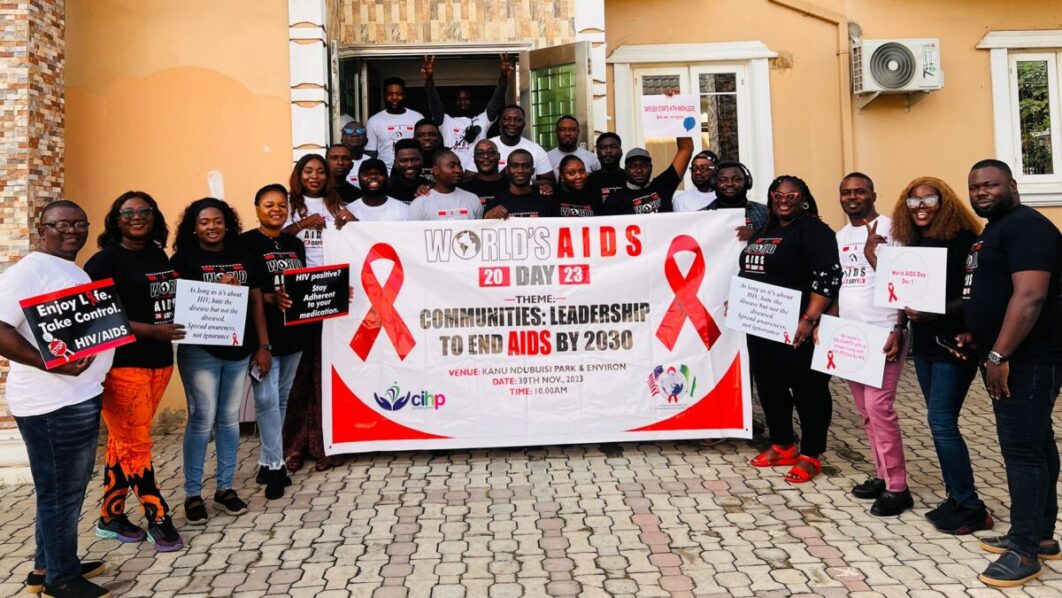
The Centre for Integrated Health Programme (CIHP) has called on the government at all levels to move beyond policies and implement strategic interventions that will reduce the vulnerabilities of adolescents and young people through sustainable measures.
Speaking at the 4th Annual Scientific Roundtable Series in Abuja, CIHP’s CEO, Dr. Bolanle Oyeledun, stressed the need to equip young Nigerians with life skills and financial empowerment to overcome the socio-economic challenges in the country.
Oyeledun noted the health challenges facing adolescents in Nigeria, including high rates of HIV, other infectious diseases, mental health issues, substance abuse, and unmet reproductive health needs.
She also raised concerns about the additional barriers faced by adolescent girls, such as gender-based violence, early marriage, and lack of access to education and reproductive health services.
She described the situation as an epidemic, where the needs of young people are not being adequately addressed, with existing interventions either non-existent or insufficient.
Oyeledun stressed the importance of innovative, sustainable, integrated public health interventions to ensure no young person is left behind. She argued that while policies exist, they need to be implemented with intent and resources, not just discussed.
“The message is a call to action for the government, parents, and society to work together to empower the next generation, particularly in the face of educational and social challenges,” Oyeledun said.
Dr. Olujuwon Ibiloye, Senior Technical Officer at APIN Public Health Initiatives, also stressed the importance of identifying the issues affecting young people and working collaboratively to provide solutions. He advocated for a systematic approach to addressing the vulnerabilities of adolescents.
Dr. Chukwugozie Ujam, Deputy Director of the National Agency for the Control of AIDS (NACA), urged the creation of spaces where young people can express their concerns without fear.
He also stressed the need for empowered communities to report issues, noting efforts to improve police responsiveness to community concerns.
Ujam added, “The government’s role is to create a supportive environment where stakeholders can effectively do their work, providing accurate information to young people and creating safe spaces for them to express themselves, report issues, and receive support.”



